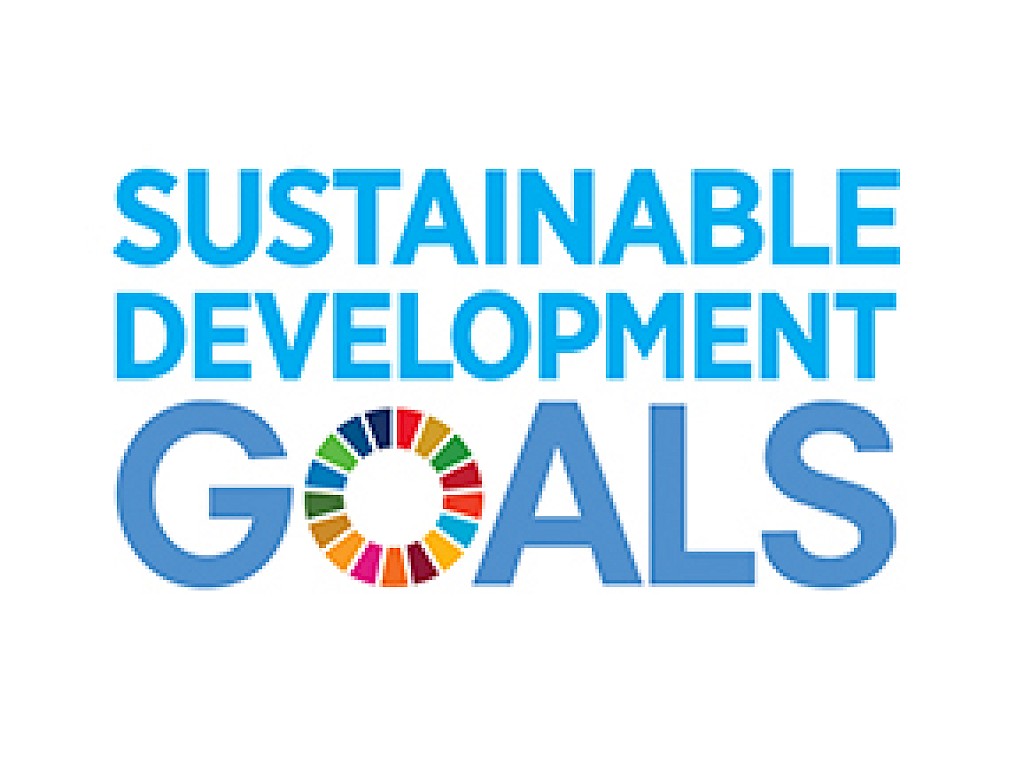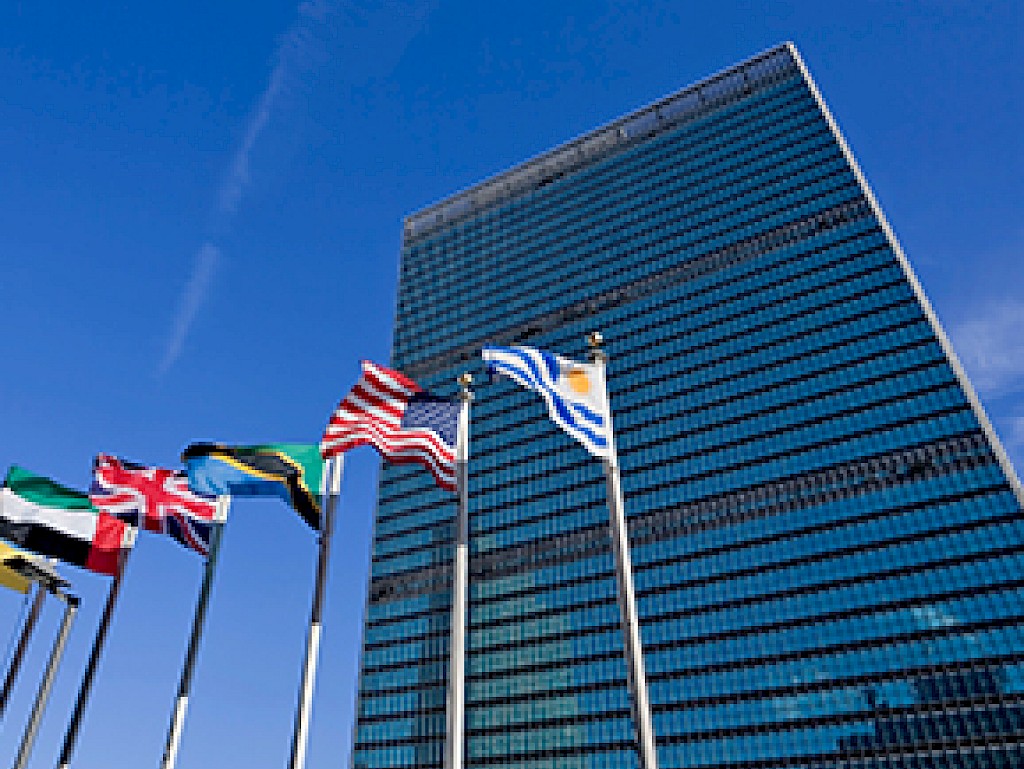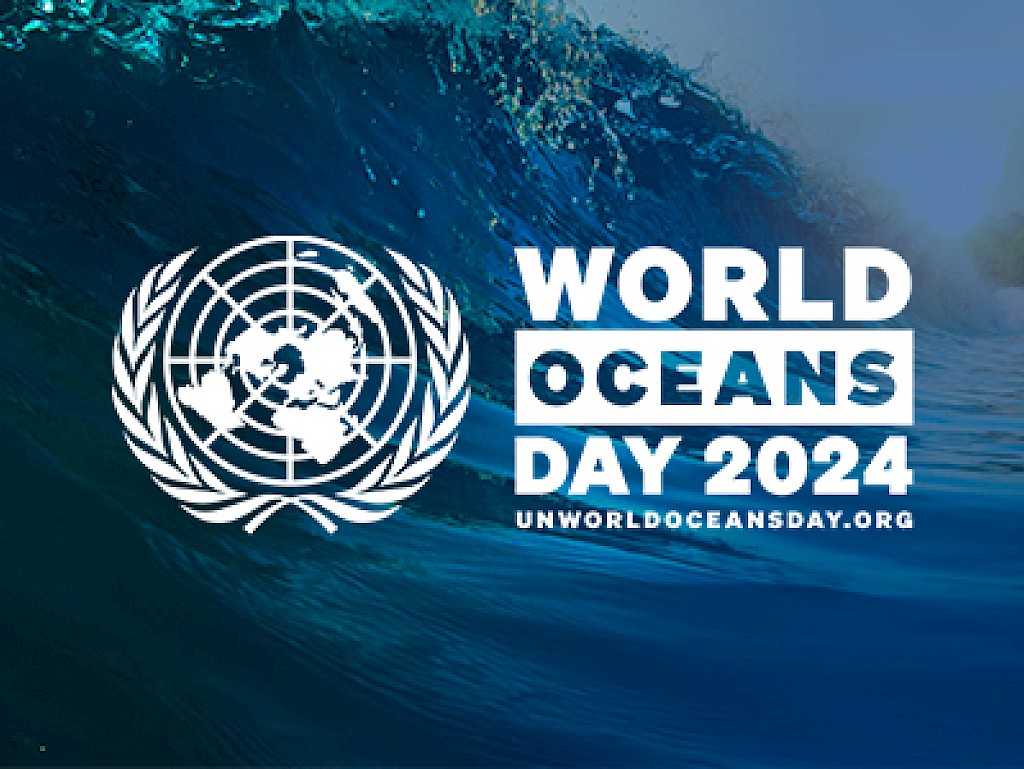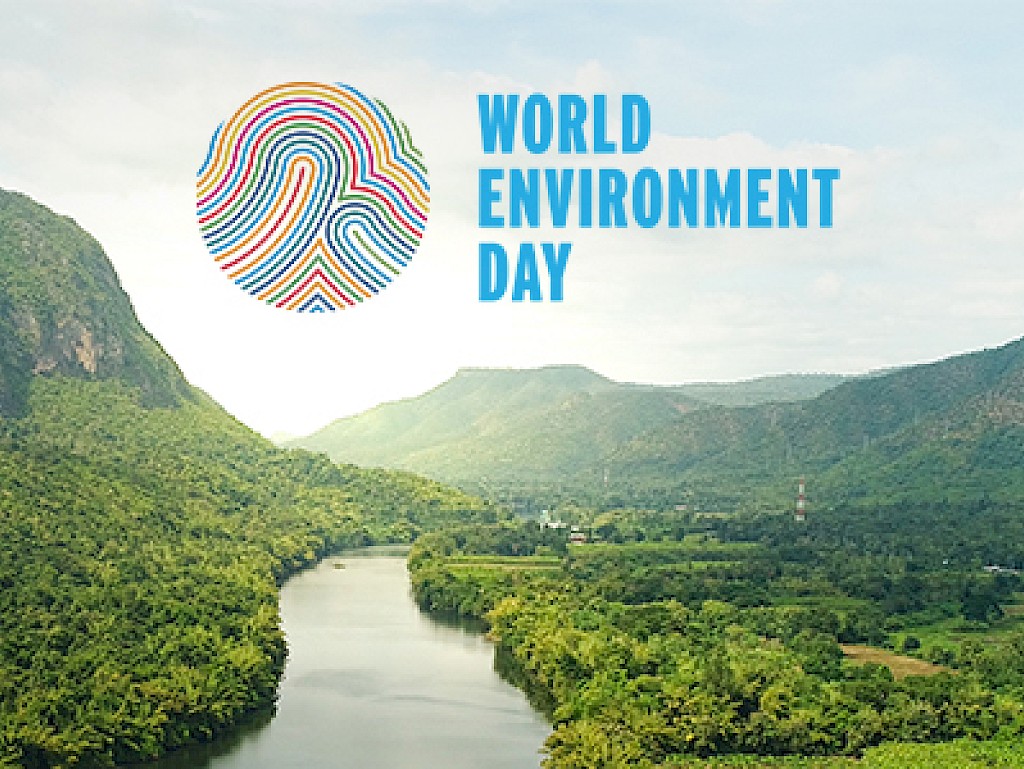The theme of this year's International Day of Clean Air for Blue Skies is 'The Air we share'. It highlights how we all breathe the same air, and the need for collective action to tackle air pollution - the single greatest environmental risk to human health and one of the main avoidable causes of death and disease globally. Ipieca supports international efforts to improve air quality in a number of ways.
Cleaner fuels and products
Ipieca works with its members to share knowledge and develop good practice to enable the industry to produce and supply cleaner, better performing fuels. In partnership with the Environment Programme (UNEP)-led global Partnership for Clean Fuels and Vehicles (PCFV), of which Ipieca is a founding member, we published the Lower-sulphur fuels, road transport strategies and air quality improvements guidance, which provides an air quality management framework covering vehicles, fuels and infrastructure.
The end of global leaded petrol use
July 2021 marked the end of lead in petrol globally, following an almost two decades long campaign by PCFV, and in which Ipieca took a leading role for industry. Banning the use of leaded petrol has been estimated to prevent more than 1.2 million premature deaths per year.
Our work with the IMO and ICAO
The transport sector is vital for the global economy, but also contributes to air pollution. Ipieca has observer status with the International Maritime Organization (IMO) and the International Civil Aviation Organization (ICAO), providing technical inputs, expertise and resources to both bodies.
Ipieca and the IMO published a joint industry guidance: The supply and use of 0.50%-sulphur marine fuel, which has significantly less impact on air quality than traditional marine fuels.
Ipieca is currently supporting the ICAO's work on sustainable aviation fuel, lower carbon aviation fuel, potential low-sulphur fuel and nitrous oxide emissions.
Transport low-emissions pathways
As part of Ipieca's work on low-emissions pathways to achieve the Paris Agreement, we published Exploring low-emissions pathways for transport which details the range of technologies and solutions which can support the transport sector to lower its emissions and impact on air quality.
Flaring reduction
Gas flaring produces CO2 and methane, and has the potential to negatively impact local air quality. Together with the World Bank's Global Gas Flaring Partnership (GGFR) and IOGP we produced the Flaring management guidance which provides a framework for industry, government and regulators to eliminate or reduce flaring. Ipieca is a supporter of the World Bank's Zero Routine Flaring Initiative.
Find out more
Ipieca's work on fuels and products



